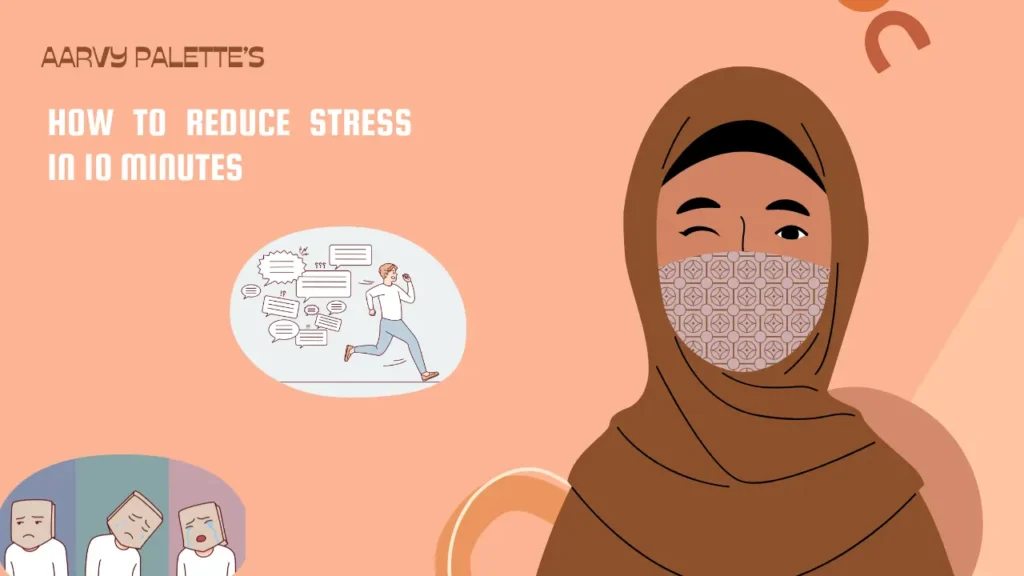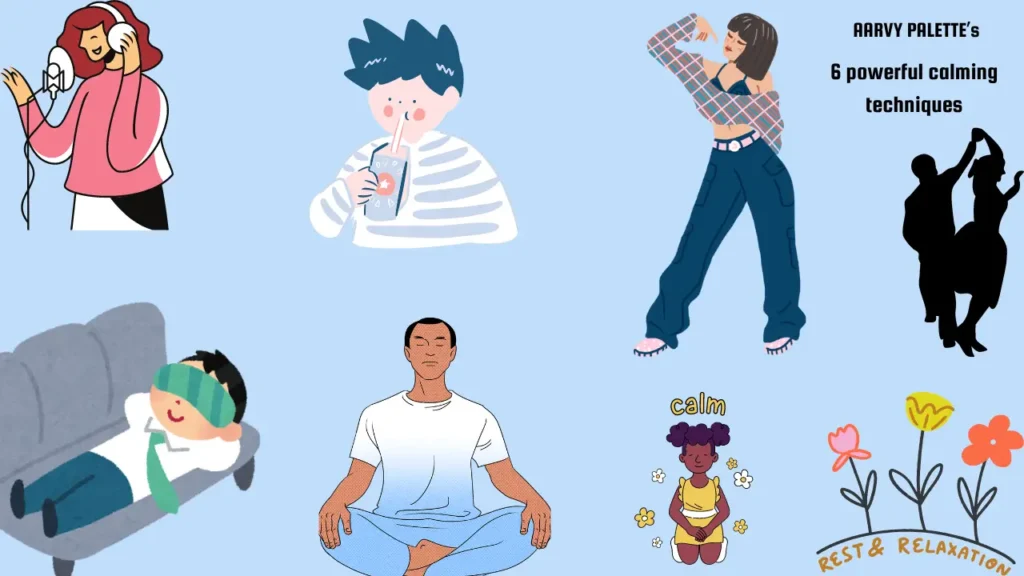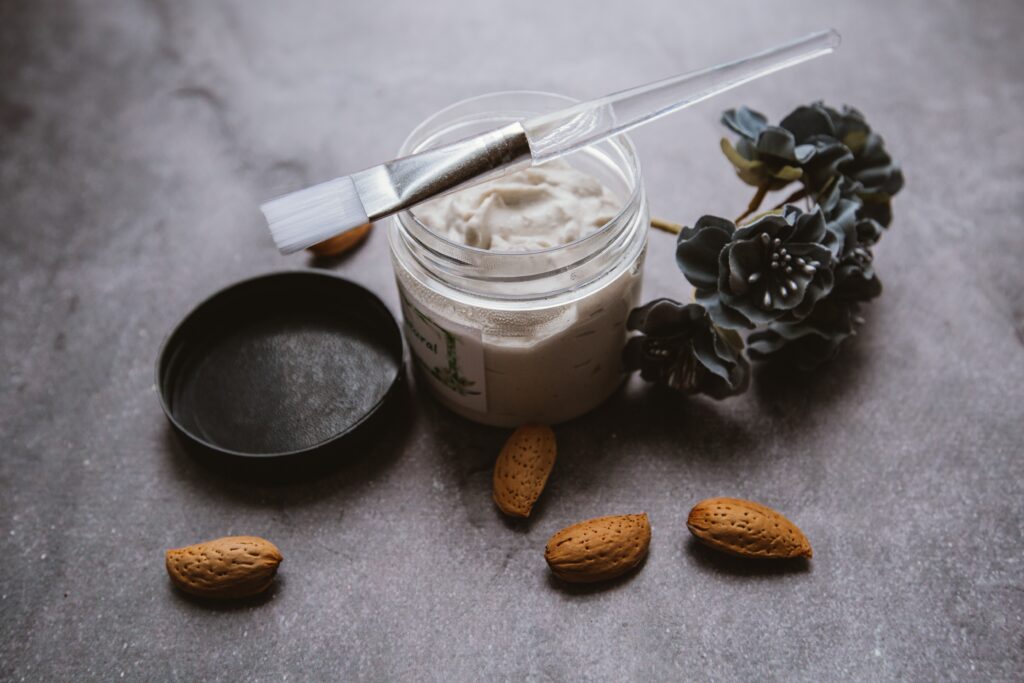In today’s fast-paced world, stress has become an unwelcome guest for many of us. It lurks in the background, ready to pounce at the slightest provocation, leaving us feeling overwhelmed and drained. While stress is not classified as a disease, its effects can be just as debilitating, affecting our mental and physical well-being. So why are we so stressed, and what can we do about it?
Let’s explore the answers to these questions and discover actionable strategies to reduce stress – both in the short term and for long-term resilience.
How common is stress?
Are you feeling the weight of the world on your shoulders? Well then, you are not alone!
Stress is a pervasive reality, affecting a significant majority of individuals worldwide. According to research from the American Institute of Stress, a staggering 77% of people report experiencing stress that affects their physical health, while 73% experience stress that impacts their mental health. This statistic is a stark reminder that stress knows no boundaries – it can affect anyone, regardless of age, gender, or socioeconomic status.
Top Causes of Stress:
- Money (64%)
- Work (60%)
- The economy (49%)
- Family responsibilities (47%)
- Personal health problems (46%)
How much do people spend on health (worldwide)?
Healthcare expenditure is a pressing global concern, reflecting the indispensable need for medical services alongside the financial strain they impose.
Let’s delve into the numbers to grasp the scale of healthcare spending and its implications.
In the United States, healthcare costs loom large in household budgets. On average, a non-elderly family estimates approximately $8,200 annually, constituting about 11% of their income, towards healthcare expenses.
However, this figure fluctuates significantly depending on variables such as income level, insurance coverage, and individual health status.
For instance, a person earning $50,000 per annum, benefiting from employer-provided health coverage, dedicates roughly $5,250 annually – about 11% of their income – towards healthcare.
This expenditure encompasses diverse components, including around $800 per year in out-of-pocket costs, a $1,400 premium contribution, and approximately $3,050 directed toward state and federal taxes for funding health programs.

Reduce Stress in 10 Minutes: 6 Powerful Calming Techniques
- Power Nap
- Deep Breathing
- Meditation
- Listen to Uplifting Songs
- Dance
- Sip a Warm Beverage
You don’t need hours of meditation or a spa day to alleviate stress. In just 10 minutes, you can incorporate simple yet effective techniques to soothe your mind and restore inner peace. Let’s explore six quick stress relief strategies that you can easily integrate into your daily routine.
Nap (Power Nap): A short 10-20 minute nap can improve alertness and cognitive function.
Find yourself a quiet, comfortable spot, set a timer for 10-20 minutes, and allow yourself to drift off into a brief slumber. As we said before, even a short nap can improve alertness, mood, and cognitive function, helping you tackle stress with renewed vigor.Deep Breathing: Slow, deep breaths can help to activate the relaxation response and reduce stress hormones.
Try to practice deep breathing by inhaling deeply through your nose, allowing your abdomen to expand, and exhaling slowly through your mouth. Focus on the rhythm of your breath, letting go of tension with each exhale. Just a few minutes of deep breathing can reduce stress and increase feelings of tranquility.Meditation: Meditation can help to focus the mind and promote relaxation.
Find a quiet space and dedicate 10 minutes to mindful meditation. Sit comfortably, close your eyes, and bring your attention to the present moment. Notice the sensations of your breath, the sounds around you, and the thoughts passing through your mind without judgment. Mindful meditation cultivates a sense of calm and clarity, allowing you to navigate stressors with greater resilience.Listen to Uplifting Songs: Listening to music can be a great stress reliever. Choose music you find enjoyable, whether calming or upbeat and motivational.
Create a playlist of your favorite calming songs or uplifting tunes and take a musical break whenever you’re feeling stressed. Close your eyes, immerse yourself in the melody, and let the music wash away tension and worry. Whether it’s classical, jazz, or your favorite pop song, let the music transport you to a place of peace and serenity.Dance: Dancing is a great way to reduce stress and improve mood. Even a short burst of dancing can release endorphins. Put on some of your favorite music and dance around your room. Don’t worry about how you look – just let loose and have fun!
Sip a Warm Beverage: The act of slowing down and enjoying a warm drink can be calming. Choose your favorite tea, hot cocoa, or herbal infusion. Take a few minutes to savor each sip, allowing the warmth and aroma of the tea to comfort your senses.
Incorporating these simple stress relief techniques into your daily routine can make a world of difference in your overall well-being. Whether it’s a power nap, deep breathing, or a dance party in your living room, taking just 10 minutes to prioritize self-care can help you face life’s challenges with resilience and ease. So, the next time you feel stress creeping in, remember these quick and effective strategies to calm your mind and nurture your soul.

Building Long-Term Calm: Strategies for Busy People
In our hectic lives, finding sustained tranquility amidst the hustle and bustle can seem like a distant dream. However, incorporating long-term strategies for calmness is essential for nurturing mental and emotional well-being.
- Regular Exercise
- Prioritize Sleep
- Healthy Diet
- Mindfulness Practices
- Relaxation Techniques
- Connect with Others
Let’s explore practical techniques that busy individuals can integrate into their daily lives to cultivate lasting calmness and resilience.
Regular Exercise:
Exercise isn’t just for physical fitness; it’s also a powerful tool for managing stress and promoting mental health. Make time for regular physical activity, whether it’s a brisk walk, a yoga session, or a gym workout. Exercise releases endorphins, the body’s natural stress relievers, and helps reduce cortisol levels, leading to a greater sense of calm and well-being.
Prioritize Sleep:
Quality sleep is crucial for rejuvenating both the body and mind. Aim for 7-9 hours of uninterrupted sleep each night to recharge your batteries and enhance your ability to cope with stress. Create a relaxing bedtime routine, limit screen time before bed, and ensure your sleep environment is conducive to restful slumber. Prioritizing sleep sets the foundation for long-term calmness and resilience.
Healthy Diet:
Fueling your body with nutritious foods is essential for maintaining optimal mental and emotional health. Focus on a balanced diet rich in fruits, vegetables, whole grains, and lean proteins.
Limit intake of processed foods, sugary snacks, and excessive caffeine, which can exacerbate stress and anxiety. Nourishing your body with wholesome foods provides sustained energy and supports overall well-being.
Mindfulness Practices:
Integrate mindfulness into your daily routine to cultivate a greater sense of awareness and presence. Take moments throughout the day to pause, breathe, and tune into the present moment.
Practice mindfulness meditation, mindful eating, or simply engage in activities with full attention and intentionality. Mindfulness fosters inner peace, reduces rumination, and enhances resilience in the face of life’s challenges.
Relaxation Techniques:
Incorporate relaxation techniques into your daily life to combat stress and promote relaxation. Experiment with deep breathing exercises, progressive muscle relaxation, or guided imagery to induce a state of calmness and tranquility.
Find what works best for you and make time for relaxation amidst your busy schedule. Prioritizing moments of relaxation recharges your batteries and enhances your ability to cope with stressors.
Connect with Others:
Nurture meaningful connections with friends, family, and community to cultivate a strong support network. Share your thoughts and feelings with trusted individuals, seek emotional support when needed, and offer support to others in return.
Social connections provide a sense of belonging and security, buffering against the effects of stress and promoting overall well-being.
Learn to Say No:
Practice assertiveness and set boundaries to protect your time and energy. Learn to say no to commitments that overwhelm you or do not align with your priorities. Prioritize activities that nourish your well-being and delegate tasks when necessary.
By honoring your own needs and limitations, you create space for peace and balance in your life.
Conclusion:
In our journey to understand and combat stress, we’ve explored its prevalence, top causes, and the global expenditure on health. Recognizing the importance of addressing stress, we’ve uncovered six quick stress relief techniques for immediate calmness.
Moreover, we’ve delved into long-term strategies tailored for busy individuals, including regular exercise, prioritizing sleep, maintaining a healthy diet, practicing mindfulness, engaging in relaxation techniques, nurturing social connections, and learning to set boundaries.
As we continue this journey, let’s stay connected and support each other’s well-being. Follow Aarvy Palette for more insights, tips, and inspiration on leading a balanced and fulfilling life amidst the challenges of today’s world.
Do not forget to subscribe to Aarvy Palette for regular updates and exclusive content delivery.
Like this page ? share it with your friends !
References:
- Paleo Stress Management (2024). Stress Statistics In 2024: Infographics Of Modern-Day Stress https://paleostressmanagement.com/
- Stress.org (n.d.). The Relaxation Response https://www.stress.org/stress-research
Additional Resources:
- SingleCare: https://www.singlecare.com/blog/news/stress-statistics/
- The Kaiser Family Foundation: https://www.kff.org/
- All
- Beauty & Fashion
- Finance
- Personal Finance

Summer skin care routine to Prevent Acne prone skin

Korean skincare products that beauty experts love- 2024

10 Financial Tips for Saving Money and Building Wealth:

Investment and how it works!

Homemade Natural Beauty: DIY Organic Skin Care Recipes for Glowing Skin

12 Best Ideas to Start a Side Hustle and Make Extra Money







1 thought on “Why Am I So Stressed? How to Reduce Stress in 10 Minutes and Long-Term Strategies”
Pingback: Summer skin care routine to Prevent Acne prone skin